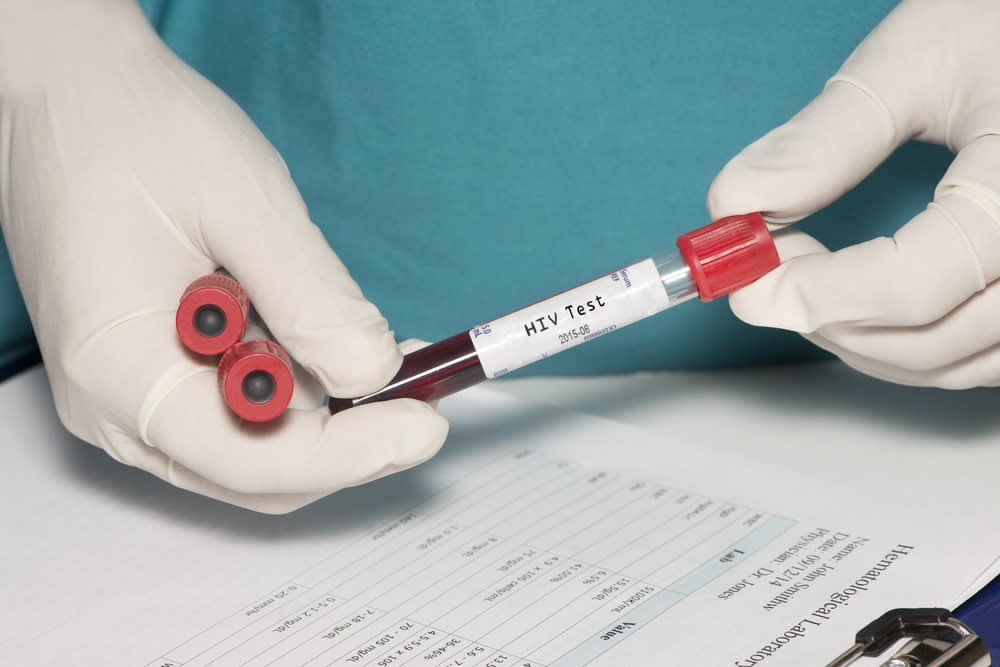Breaking
DOH asks 20,000 unaccounted HIV patients to ‘come out’
TACLOBAN CITY -– The Department of Health (DOH) said that there are still about 20,000 unaccounted Human Immunodeficiency Virus (HIV) patients in the country that should bravely come forward.
DOH Undersecretary for Technical Services Vicente Belizario asked those infected to seek medical attention to help in the prevention of the sexually transmitted infection.
“The estimate is that nationwide we are probably still missing 20,000 people who are infected. They need to be monitored, provided with treatment and they need to be identified so that they can be more careful with their behaviors,” Belizario said on the sidelines of a summit on Universal Health Care High Impact Five (Hi5) on Tuesday.
The official urged HIV positive to overcome fears in “coming out in an open” since the treatment is available and free.
“If someone is found infected, there is treatment. It’s not anymore a death sentence unlike before that victims are counting their days, months and years,” he told reporters in a press briefing.
“The HIV situation as a whole, in terms of prevention and control is promising, but we need to do better with screening, bring infected people forward,” he added.
According to DOH, there have been 24,376 HIV cases in the Philippines since record-keeping started 1984, with 82 percent diagnosed in the last five years.
“We urged high risk individuals to come forward and seek screening. Those positive will be given free treatment and free counseling,” Belizario said.
If detected early, the HIV positive person immune system will not be fully weaken once the person takes the anti-retroviral medicine and follow the counseling being offered by DOH.
In the case of Eastern Visayas, there have been 220 HIV cases recorded with three deaths. Two patients from Eastern Samar towns died early this year.
“We don’t know the real numbers of those who died because they don’t come out. We’re trying to get more information to submit to the HIV registry,” said Roderick Boyd Cerro, head of the DOH regional epidemiology and surveillance unit.
In 2014, the region recorded 58 new cases and another 23 cases within the first quarter of 2015.
The HIV prevalence rate among men having sex with other men is higher since they are not properly checked unlike female sex workers, according to DOH.






















